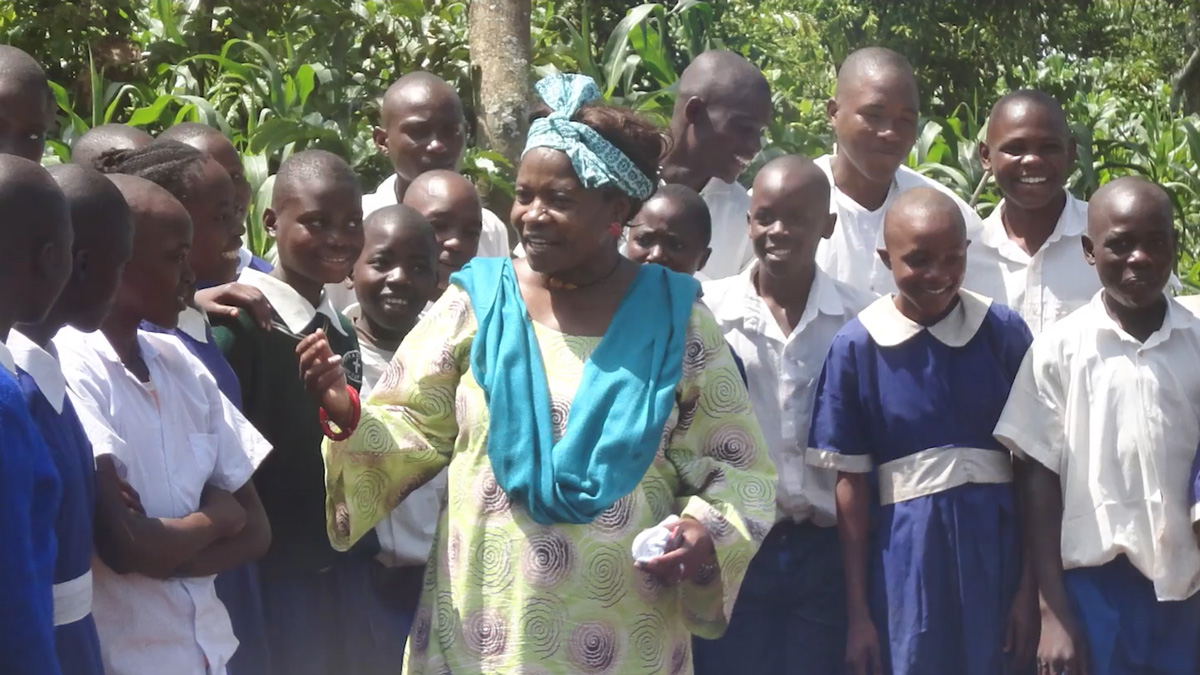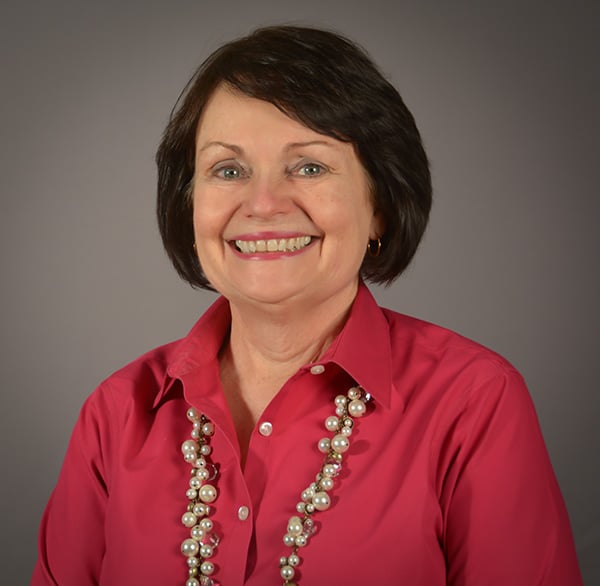Why Tapping Into Grassroots Wisdom is so Critical
FIRST News
 Too often, experts position themselves as, well, experts.
Too often, experts position themselves as, well, experts.
In a FIRST session on local solutions to global challenges on Tuesday, three very humble experts on food, nutrition, and agriculture challenged the audience to flip that thought process and seize the opportunity to learn at the grassroots level from members of indigenous communities.
“I thought I was going to teach, but I became a student,” said Ruth Oniang’o (pictured above), a professor of nutrition and former member of parliament in Kenya, reflecting on her work with smallholder farmers in Africa.
“Often we are in a situation where we bring in experts,” said Scott Drimie, a professor at Stellenbosch University and director of the Southern Africa Food Lab. “We bring in very clever people … to come in and solve problems. Whereas the argument is that when you allow conversations to emerge with very different perspectives, representing a diversity of actors in a food system around a particular issue, some really incredible ideas and relationships can emerge.”
Yasmina Sultanbawa, a professor at the University of Queensland in Australia, who studies underutilized Australian plant species, had a similar perspective. Working with marginalized indigenous communities in Australia, Sultanbawa finds herself “humbled by 65,000 years of knowledge that they have and the sustainable food production that they have.”
It’s critical to get out of the lab and work at the grassroots level, Sultanbawa emphasized. “I think as food scientists, we become very comfortable in our labs. I think we need to get out.
“I think we can become a bit complacent with science because we get into our comfort zone,” she continued. “Get out of your comfort zone,” she urged the session audience. “Challenge yourself.”
Sultanbawa shared a story about an indigenous Australian fruit, long recognized for its therapeutic properties, which came to be used as a natural food preservative in frozen meals, driving economic value for the local community. “That empowers communities,” she said. “And that’s what it’s all about. … You can see how food science connects, but then you also need to have business knowledge.”
There’s much to be learned from local sustainable food production systems, Sultanbawa emphasized. During the COVID-19 pandemic, for example, she said food supply chains in indigenous Australian communities “did not get affected because they know how to harvest from the wild.”
Learning from indigenous communities takes humility and openness to gleaning insights from the locals, Oniang’o stressed. Building relationships doesn’t happen overnight but instead requires taking the time to listen to community members. “It’s a journey,” Oniang’o said. “It’s a life journey.”
“It’s all about relationships,” agreed Sultanbawa. Respecting the culture of the local communities and establishing trust is a must. Researchers who work with indigenous communities need to ensure a two-way communication flow.
“You can’t just go there and just collect data and then forget about it,” Sultanbawa said. “Data has to be shared with them. If you do have publications, you have to let them review it and then also invite them to be co-authors. So we have a … stringent process of ethics approval and getting research collaborative agreements to really make sure that we are protecting the traditional knowledge.”
In addition, Drimie noted, when sharing the stories of local communities, it’s important to write them “in the voices of the people themselves … rather than breaking them down into these core nuggets.” Storytelling done well can be a “powerful bridge” into local communities, he said.
Digital Exclusives

10 Food Trend Predictions for 2022
The editors at Food Technology magazine, published by the Institute of Food Technologists (IFT), have announced their predictions for the hottest food trends for 2022.
Food Technology Articles

How to Achieve EPR-Forward Packaging
In this two-part series, the author explores the history of Extended Producer Responsibility (EPR), what is needed to help EPR succeed, and how brands can best prepare for EPR.

Production Capacity Expands for Food to Fight Malnutrition
Production capacity for ready-to-use therapeutic food Plumpy’Nut at Edesia expands thanks to a Bezos family donation.

Keeping the ESG Promise
An infographic describing food and beverage companies’ outlooks regarding ESG initiatives.

Ag-Tech’s Passionate Pragmatist
Agrologist and agricultural futurist Robert Saik wants to feed the world better and more sustainably. To make that happen, leveraging science and technology will be critical.

USDA Introduces Summer Benefits for Children Pear Preferences and Cultivated Meat Research
Innovations, research, and insights in food science, product development, and consumer trends.
Recent Brain Food

A New Day at the FDA
IFT weighs in on the agency’s future in the wake of the Reagan-Udall Report and FDA Commissioner Califf’s response.
Members Say IFT Offers Everything You Need to Prepare for an Uncertain Future
Learn how IFT boosts connections, efficiencies, and inspiration for its members.

More on the FDA's Food Traceability Final Rule
In a new white paper, our experts examine the FDA’s Food Traceability Final Rule implications—and its novel concepts first proposed by IFT.
Job Satisfaction in the Science of Food is High but Hindered by Pain Points
IFT’s 2022 Compensation and Career Path Report breaks it down.


